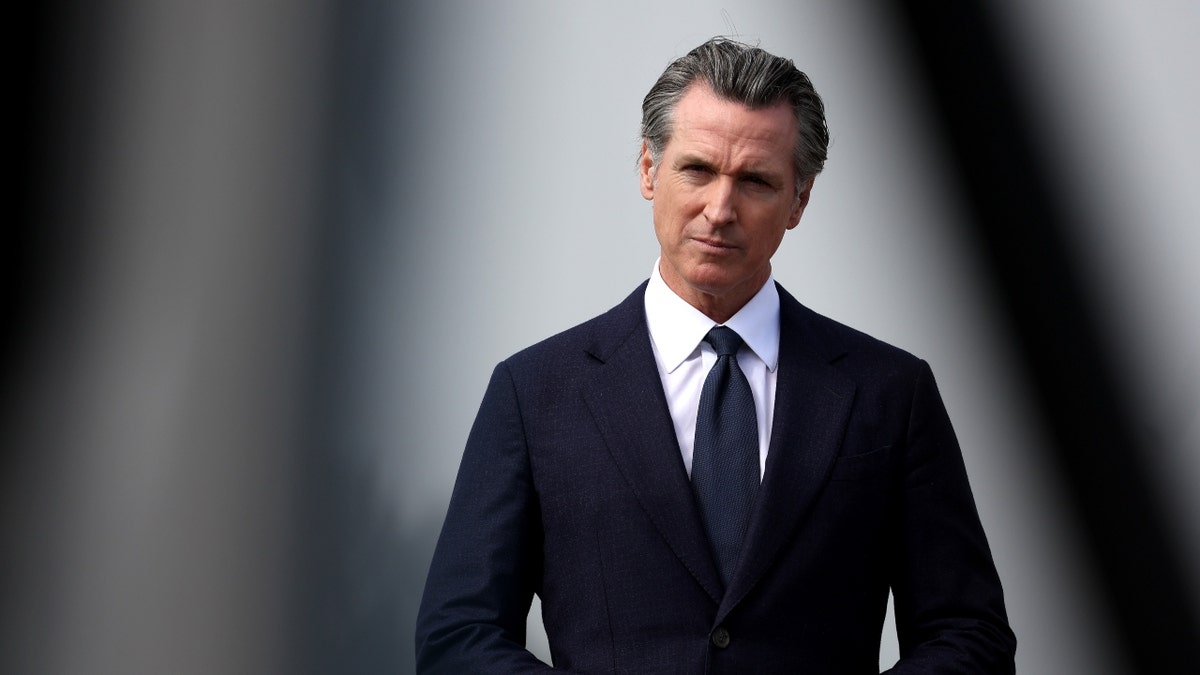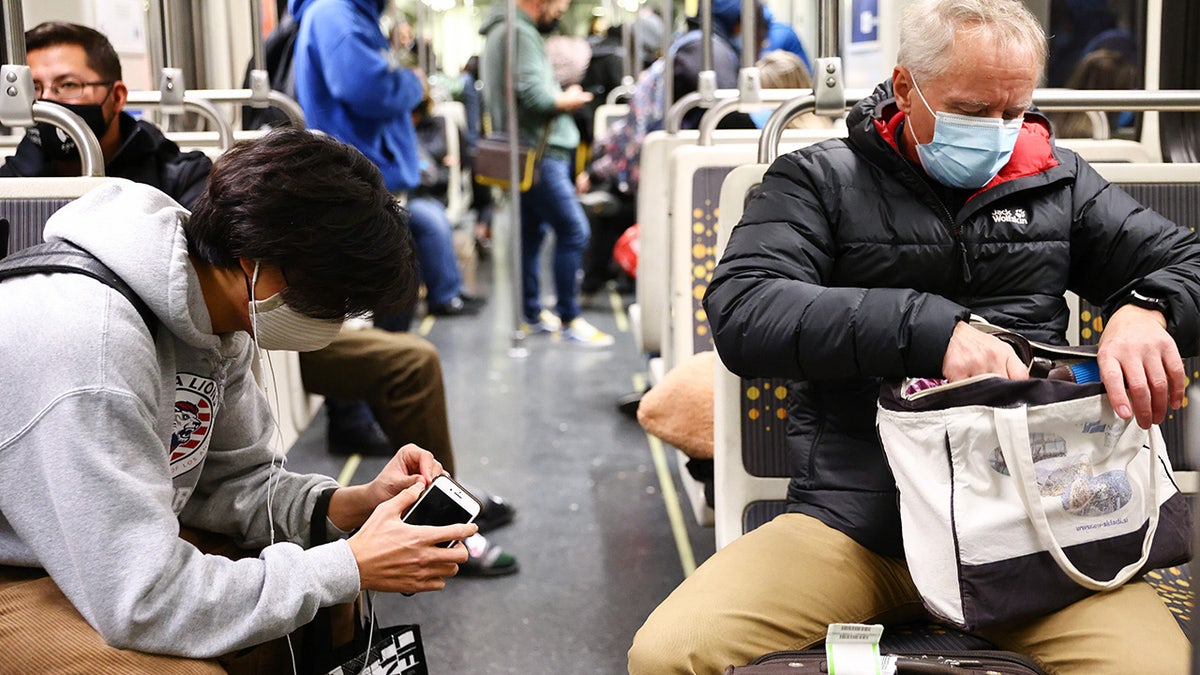Dr. Siegel discusses recent data on coronavirus immunity: 'It's time to live with' COVID
Fox News medical contributor Dr. Marc Siegel assesses findings on COVID immunity and shares his predictions for the outcome of President Biden's upcoming COVID test.
A team of California doctors say they would be willing to "take it all the way to the top" in their legal fight against Democratic California Gov. Gavin Newsom over a state COVID-19 misinformation law that would punish doctors who disseminate coronavirus information deemed out of line with the "scientific consensus."
The law, known as Assembly Bill 2098, would have taken effect Jan. 1, 2023 after being signed into law by the governor in September. However, the implementation of the law was temporarily halted after Aaron Kheriaty and four other doctors sued Newsom in November, alleging First and Fourteenth Amendment rights violations.
"We explained in our declarations that we're still asked advice from patients frequently on COVID-related matters — masking, for example. Parents may ask me if that mask seems to be exacerbating their child's anxiety disorder," Kheriaty told Fox News Digital.
"This is a good idea to explain situations clinically in which we could potentially be impacted by this law. And in the order granting the preliminary injunction, the judge first said, ‘Yes, all five of the plaintiffs have standing to bring this case.’"
RAND PAUL TAKES AIM AT ‘INJUSTICE’ OF HEALTH FACILITIES THAT DENY CARE TO UNVAXXED PATIENTS

A team of California doctors says they would be willing to "take it all the way to the top" in a legal battle against Gov. Gavin Newsom over a COVID-19 misinformation law that would punish doctors who disseminate coronavirus information not in line with the "scientific consensus." (iStock)
Kheriaty and his team say the phrase "scientific consensus" is ambiguous, arguing that the vagueness of the phrase itself violates doctors' rights in the due process clause of the Constitution.
"It has a chilling effect on physicians. If physicians aren't sure whether what they're about to say violates the law, then they're just going to read from a script prepared by the California Department of Public Health," Kheriaty said.
District Judge William B. Shubb ultimately erred on the plaintiffs' side when granting their motion for a preliminary injunction in late January, writing "the provision is unconstitutionally vague."
"I think the governor was worried about this law when he signed it, and I think he was worried about the constitutionality of it," Kheriaty said.
FACE MASKS MADE ‘LITTLE TO NO DIFFERENCE’ IN PREVENTING SPREAD OF COVID, SCIENTIFIC REVIEW FINDS
Kheriaty also said the law and ambiguity of the phrase opens the door for additional cancellation of COVID-19 information by future medical boards, saying, "Even if the current medical board is not inclined to go after me for my opinions on COVID, using this law, a future medical board might."

California Gov. Gavin Newsom speaks during a press conference in San Francisco. (Justin Sullivan/Getty Images)
Kheriaty indicated the team is hoping to avoid a full-fledged battle in court, asking the judge to instead grant summary judgment in their favor. However, the team of doctors is willing to head all the way to the U.S. Supreme Court if litigation over the law goes that far.
"If the law would have stood and there were other areas of controversy within medicine where the state had particular interests that they wanted to advance, it would certainly set a strong precedent for the legislature to either amend that law, take out the word ‘COVID’ and change it to whatever any medical issue or to pass an additional law that applies to whatever," Kheriaty said.
Newsom's office has already indicated it will not appeal the injunction.

People wear masks while riding a Los Angeles Metro Rail train Dec. 15, 2021 in Los Angeles. (Mario Tama/Getty Images)
"Given the related appeals pending before the Ninth Circuit, both of which have an expedited briefing schedule and will be decided before this case, the state has determined it will not appeal this ruling at this time," Brandon Richards, spokesperson for the governor, told Fox News Digital in an email statement.
CLICK HERE TO GET THE FOX NEWS APP
California became one of the most strict states with respect to COVID-19 restrictions at the outset of the pandemic and beyond. The blue state was the first to enact a statewide stay-at-home order and just recently reversed a COVID-19 vaccine requirement for students. California is set to end its emergency declaration Feb. 28.






